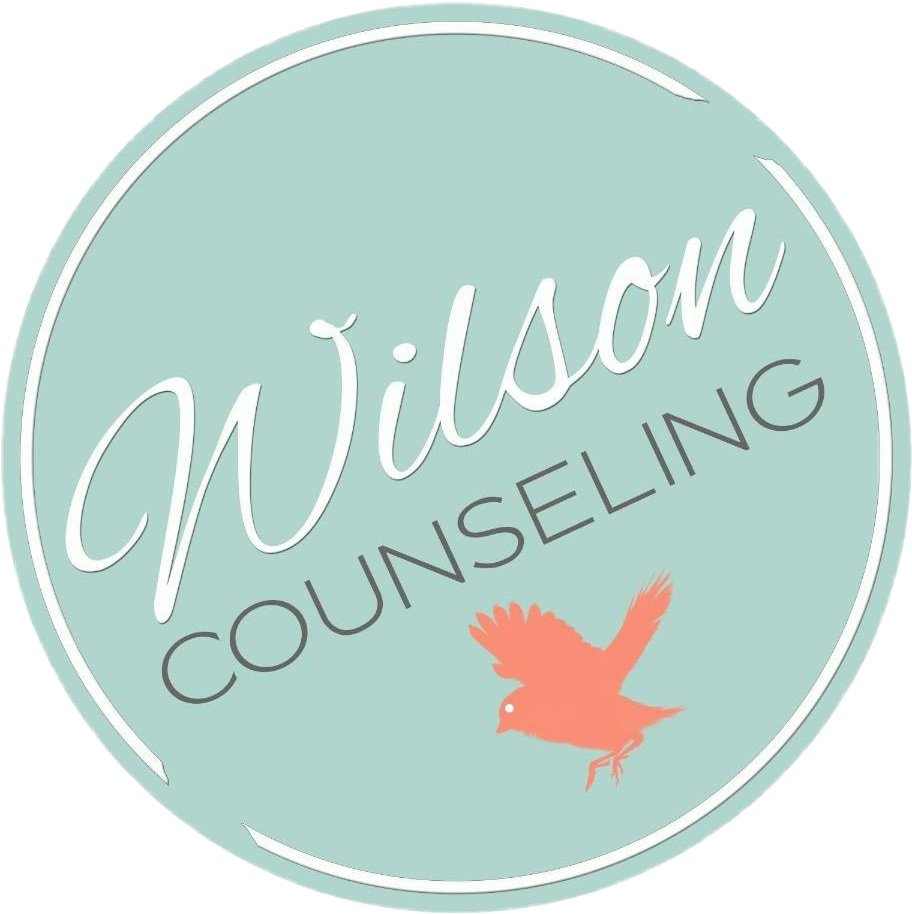How much sleep do you get a night? The answer to that question could tell me a lot about how well you are able to handle the every day stresses of life.
The National Sleep Foundation recommends 7-9 hours a night for adults.
One major study has shown that people with insomnia are five times more likely to develop depression and twenty times more likely to develop a panic disorder (a type of anxiety disorder). People who got only 4.5 hours of sleep reported feeling more stressed, angry, sad and mentally tired. Wow. But, before you panic about your poor sleeping patterns, read on to find out what you can do to get better sleep, and be a better you.
In a previous post, I discussed the effect of blue light from devices like smart phones on your sleep. Besides turning off those devices at least two hours before bed, there are quite a few other things you can do to improve your sleep hygiene.
Exercise early in the day.
Daily exercise serves to improve your mood and also helps you burn off excess stress. Exercise will help you fall asleep faster and sleep more soundly.
Maintain a regular bed time.
Your body needs regularity. If you pull a late nighter, it is difficult for your body to adjust, even if you sleep in the next day. A regular sleep time will help set your internal clock. For many people, if you miss your sleep window, it may be very difficult to fall asleep.
Eliminate caffeine, nicotine, coke, chocolate, and any other stimulants at least six hours before bedtime.
Eat light at night.
A big meal late at night will likely keep your body up. Try to finish dinner at least a few hours before bedtime. If you need a snack, try to choose foods that don't keep you up such as carbohydrates.
Develop a relaxing bed time routine.
For me, taking a hot bath, followed by a cup of herbal tea, and then a good book can be a perfect way to relax and unwind so that my body and mind can prepare for bed. Find activities that are soothing for you.
If you have trouble falling asleep, or wake up in the night, try getting out of bed and doing something relaxing like reading a book or listening to music. Keep the lights dim, so they don't wake you up more. Then when you feel a little sleepy, get back in bed. If you find yourself still having racing thoughts when you get in bed, try journaling, or making a to-do list of what you would like to get done the next day.
I know it can be hard to make changes, but if you are having trouble sleeping, try these suggestions for a week and see how you feel. I have seen clients in my practice go from feeling slightly depressed and anxious to feeling strong and ready to tackle challenges after just a week of good sleep. It is a simple equation, better sleep = better you.
Happy Sleeping!
OTHER THERAPY SERVICES WE OFFER IN HOUSTON, TX
We have other mental health services that we offer at our Houston, TX counseling office. Our services are available for adults, children, and teens. For individuals, we offer Anxiety Treatment, Couples and Marriage Therapy, Divorce Counseling, Infertility Counseling, Perinatal and Postpartum Treatment, Teen Counseling, Parenting Counseling, and Family Therapy. As well as Eating Disorder Therapy, School and College Counseling, Trauma Therapy, PTSD Treatment, EMDR Therapy, Chronic Pain Therapy and LGBTQ+ Counseling. Our caring therapists also offer Career Counseling, and LPC Supervision. All of these services are also available through Online Counseling throughout Texas.
Call today to schedule an appointment at 713-565-0922.


